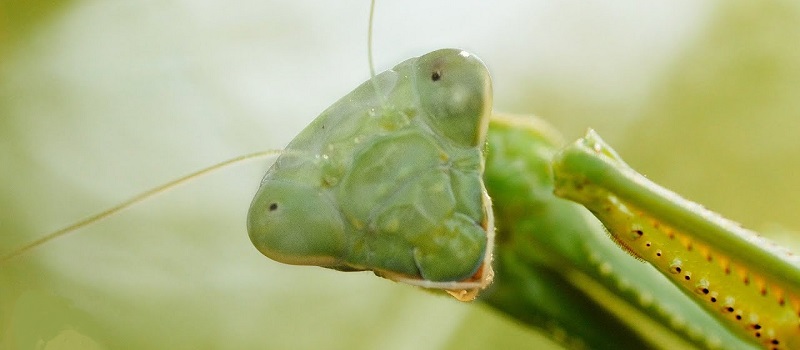A lot of people are interested in how we came to be in the insecticide business. I mean, you don’t hear a lot of kids saying “when I grow up I want to make insecticide”, so it’s a natural thing to be curious about.
For me it started as an investigation into diet.
We have a young family and as such we were frequently meeting other mums and dads and talking to them. It was surprising to me how many were having issues of some kind with their children. Things such as allergies, ADHD, asthma, gluten intolerance. It was never like this in my day !!!
My investigation led me to the shocking discovery of what modern agriculture really is and the part that big chemical companies play in it.
Things such as how roundup is sprayed all over crops just days before harvest were mind blowing to me. What was equally as bad was that no one was testing for its impact despite the fact that glyphosate is banned in many countries.
This investigation naturally led to pesticides where the problem was the same. 70% of produce sold in the USA has pesticide residue on it.
But the worst was yet to come. This is when I found out about systemic pesticides. These are pesticides that are taken up by the plant and literally become a part of it. Any insect that eats the leaves, walks on, sucks nectar from or even lives beneath these plants DIES. That produce is then taken to market and sold to us…still saturated in pesticide, because it is a part of the plant.
This is what they are talking about when they say the bees are dying. It is not because the farmer is spraying insecticide into the air and it’s hitting some bees that are flying around as you or I might spray flies in our living room. The bees are just going about their business pollinating the crops and in doing so are taking up the insecticide via the nectar. These pesticides persist in the environment for so long that that even next years crops (whatever they might be) will take up the poison from the soil and will be toxic to the bees. The chemicals spread out in the soil leaching into the groundwater killing all insects as it goes year after year. One study found detectable amounts of an insecticide in the soil 19 years after it had been sprayed.
This is not some dubious activity undertaken in another country and something that wont affect you.
Imidacloprid is one such pesticide and it was the most widely use pesticide in the world just a few years ago.
This problem is everywhere.
In Switzerland 93% of organic farms were found to be contaminated with insecticide residue.
In England it is reported that they have lost more than half of the countries wildlife in the last 50 years.
In France 25% of birdlife has been lost in the last 15 years.
In Germany 75% of flying insects have vanished in the last 25 years.
This is the world we live in. We are destroying biodiversity, we are poisoning the soils and we are literally selling each other poisoned crops.
It is insane !!!
This is how I came to learn about Pyrethrum. It is the only insecticide that doesn’t persist in the soil or on the products which it is sprayed. It rapidly breaks down to become inert in the environment. It does the job and then it’s gone. It is what an insecticide should be.
If we want to change things then pyrethrum is the way to go. Crops still need protection and workplaces and homes need to be made safe and diseases like Malaria, Zika and Dengue Fever brought to a halt.
To provide protection in a responsible and sustainable way we need the word to get out about pyrethrum and it needs to be given momentum, otherwise the big chemical companies will maintain the status quo.
This is why we do it.


